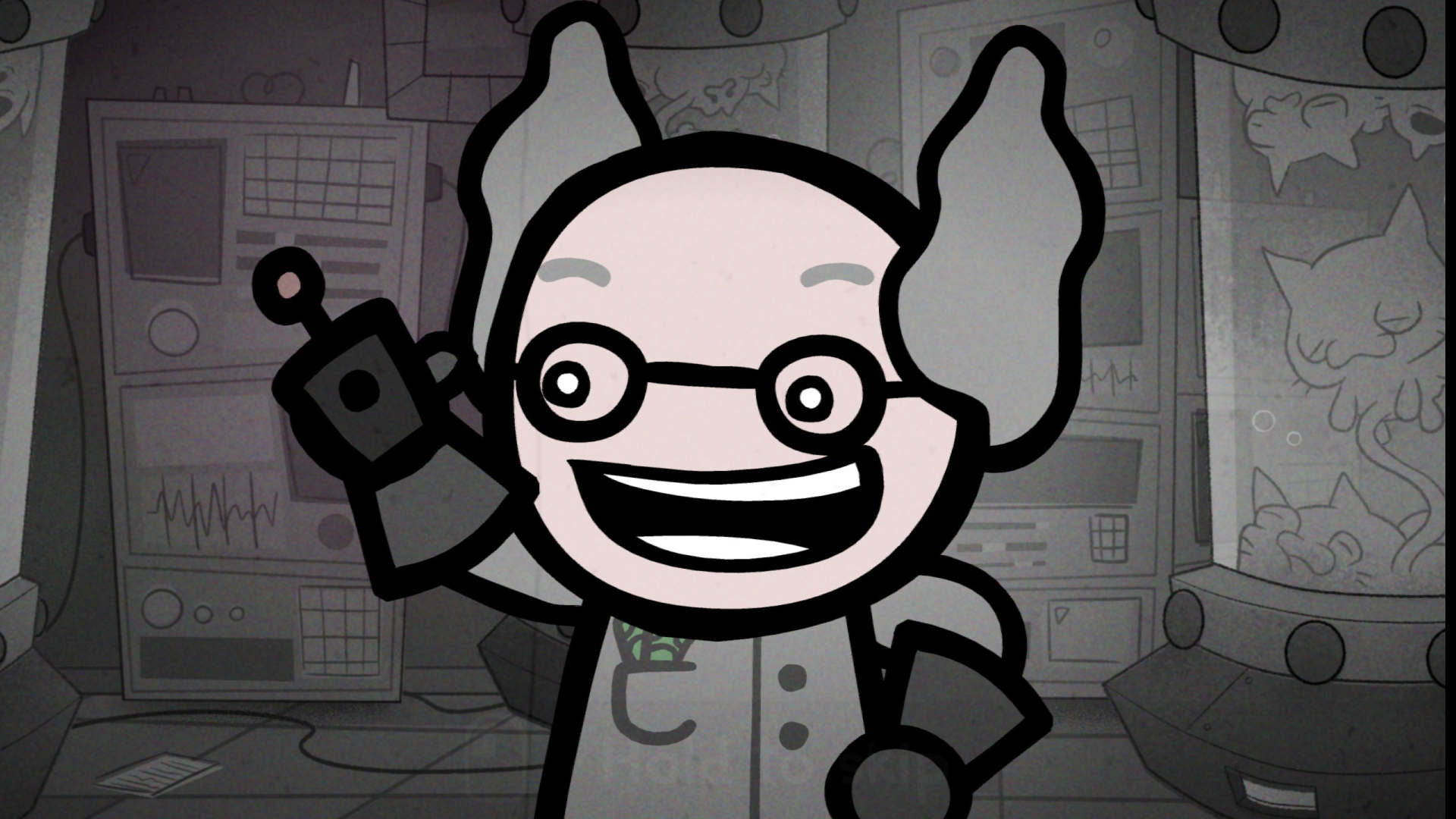I've waited 13 years to be excited about Silent Hill again, and Silent Hill f has me hopeful for the series' future
Opinion | The new era of Silent Hill is looking strong already
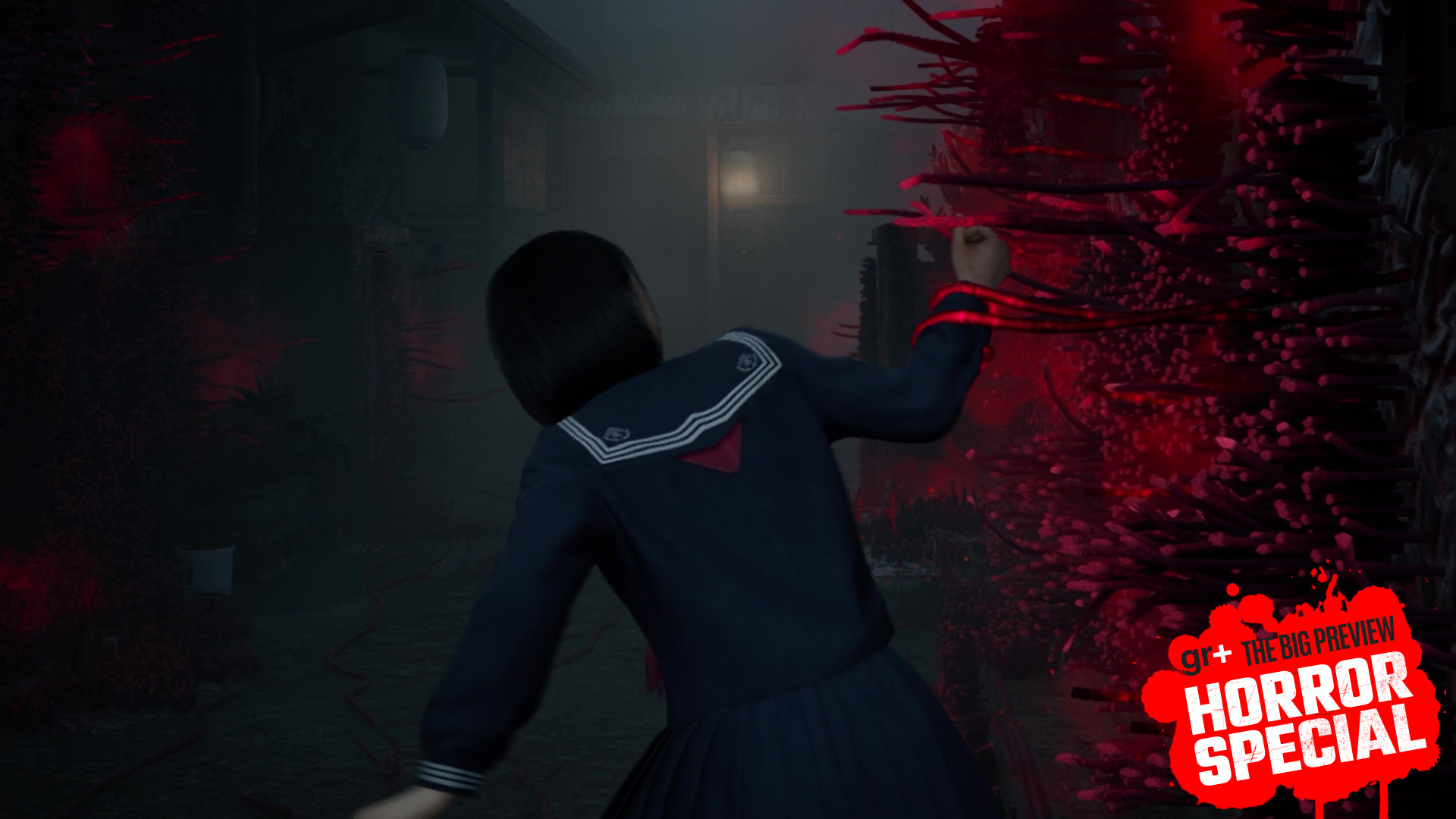
Weekly digests, tales from the communities you love, and more
You are now subscribed
Your newsletter sign-up was successful
Want to add more newsletters?

Every Friday
GamesRadar+
Your weekly update on everything you could ever want to know about the games you already love, games we know you're going to love in the near future, and tales from the communities that surround them.

Every Thursday
GTA 6 O'clock
Our special GTA 6 newsletter, with breaking news, insider info, and rumor analysis from the award-winning GTA 6 O'clock experts.

Every Friday
Knowledge
From the creators of Edge: A weekly videogame industry newsletter with analysis from expert writers, guidance from professionals, and insight into what's on the horizon.

Every Thursday
The Setup
Hardware nerds unite, sign up to our free tech newsletter for a weekly digest of the hottest new tech, the latest gadgets on the test bench, and much more.

Every Wednesday
Switch 2 Spotlight
Sign up to our new Switch 2 newsletter, where we bring you the latest talking points on Nintendo's new console each week, bring you up to date on the news, and recommend what games to play.

Every Saturday
The Watchlist
Subscribe for a weekly digest of the movie and TV news that matters, direct to your inbox. From first-look trailers, interviews, reviews and explainers, we've got you covered.

Once a month
SFX
Get sneak previews, exclusive competitions and details of special events each month!
Silent Hill f is the first properly new game in the series in 13 years, following on from the release of Silent Hill Downpour which came out so long ago that it debuted on PS3 and Xbox 360. Having played 5 hours of Silent Hill f starting from the game's opening, I can finally say that after years of disappointment I'm excited about the future of the series again.
My renewed enthusiasm isn't just because of one new game, but a shift in ethos that has me thinking Konami is finally giving the series the treatment it deserves. It's a great feeling because I honestly didn't think this is the way things would go. Ask me a year or two ago if I thought Silent Hill would be rocking my world like it used to and I would have quietly shaken my head while looking out the window.
Silent Hill f is certainly what has me excited the most at the moment, given it's a bold step forward, but the series as a whole feels like it could be in a great spot if this game can stick the landing. Which also means it's a great time to become a fan – check out my beginner's guide to Silent Hill if you're interested. Join us.
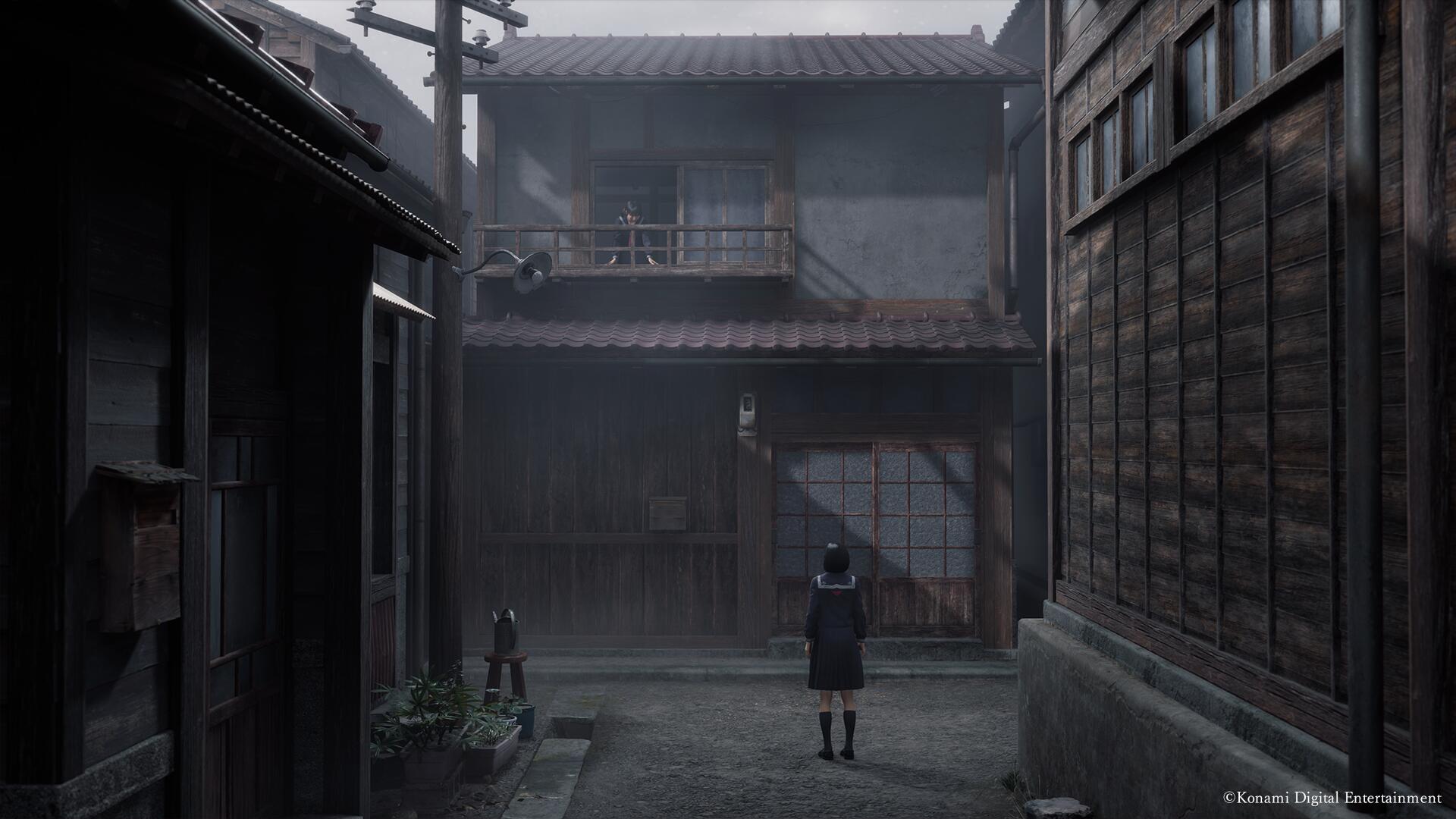
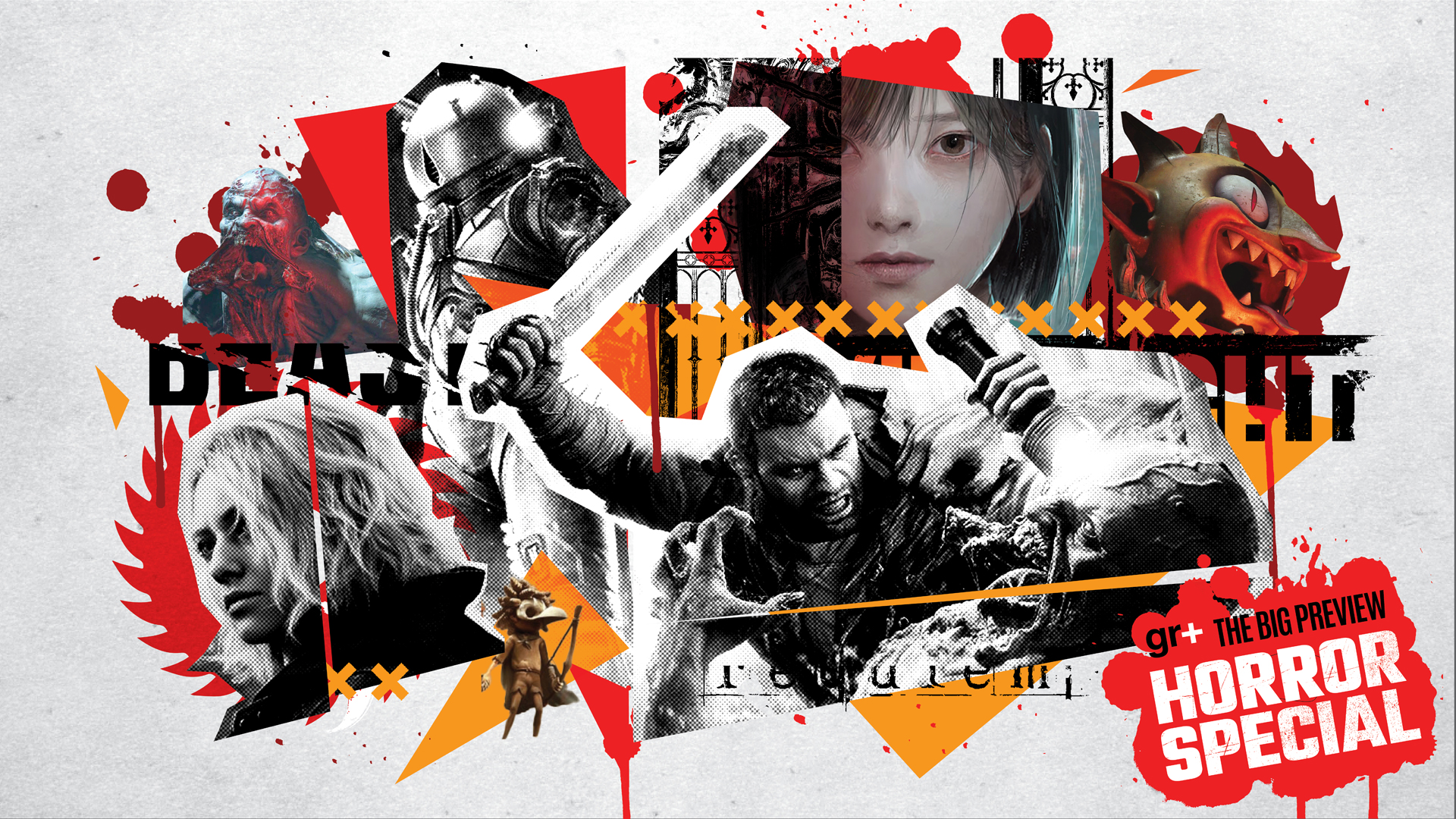
The Big Preview Horror Special hub has even more exclusive access to the biggest games in the genre on the horizon, and deep dives into iconic classics!
At first I was a little wary about how different Silent Hill f looked from the rest of the series. Don't get me wrong, the 1960s Japanese setting is appealing on its own – but Silent Hill is, after all, the name of a specific American town in the series. Even Silent Hill f's writer, Ryukishi07, had to come to terms with the change: "I was always under the impression that Silent Hill is called such because of the existence of the eponymous town, Silent Hill," he says. "Whereas this project, of course, takes place in Japan. So I had to re-evaluate my thoughts around what makes Silent Hill a Silent Hill game."
Playing the game myself, though, I can see how Silent Hill f really does keep the spirit of what makes the series unique alive, and – though it also deals in the spiritual – doesn't feel like it's shifting towards being a Fatal Frame clone or anything like that. Hinako's journey to escape her corrupted hometown of Ebisugaoka also has her wrangling with psychological fears – both her own and those of her friends lost to the fog.
Rest? Less dreams
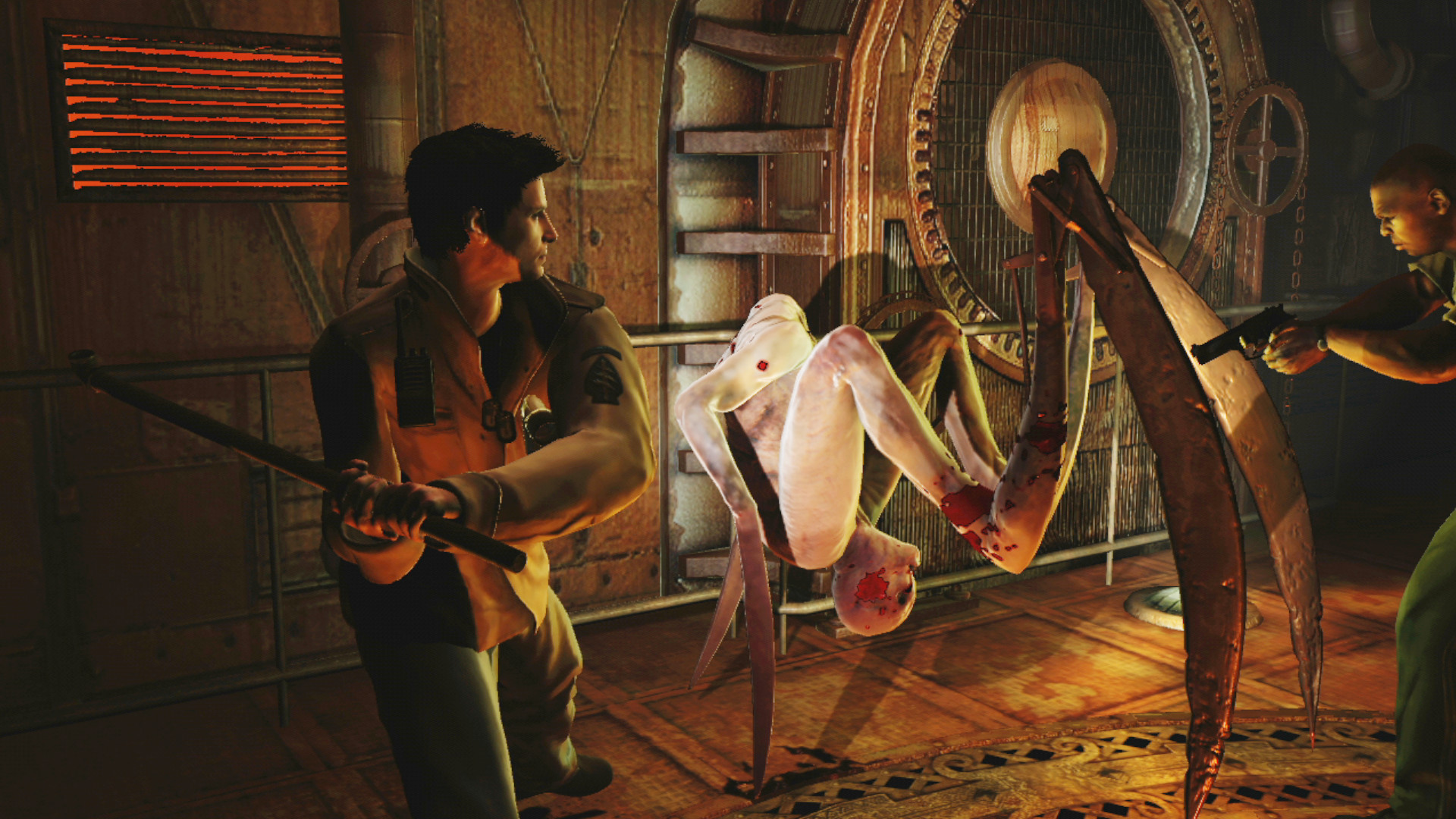
In fact, Silent Hill f represents a bold step forward for the series. It's not easy to shake off the weight of decades of expectation to do something new without losing something along the way. After all, that may be exactly what's haunted all of the Silent Hill games after the fourth entry, where the series bounced between many external developers from Konami. There's plenty I like about those games (the Hell Descent in Silent Hill: Homecoming is a series highlight – I'll die on this haunted hill), but they all feel like they struggle with the identity of what it means to be a Silent Hill game. I think Silent Hill Origins may be the best of that era, but even its writer and designer Sam Barlow had reservations about it, saying: "The very idea of making a prequel to Silent Hill wasn't good."
Likewise, when the Silent Hill 2 remake was announced, I had been worried. The second game is a cult classic for good reason – to many it's incredibly special because of the personal relationship we formed with it when first playing. I was anxious that the Bloober Team-helmed redo may misunderstand the reasons it's so revered. I was right to be sceptical, but pleased to be proven wrong by the end result. This revisitation to Silent Hill 2 manages to not only inject some great new ideas into the original, but somehow balances feeling like a complete package in and of itself while also supplementing the original – it's the same story, but both versions have enough unique to stand apart.
Weekly digests, tales from the communities you love, and more
I feel like the ancient texts are being properly respected, which is a good sign.
My love for Silent Hill 2 remake doesn't stop me from also remaining a little wary about the announced Silent Hill remake – but the first game isn't quite so special to me. I replay it now and then, and the PS1 clunk has been especially unkind to that one, leading to plenty of annoyances (especially against that big bug in the mall). I do wonder if it'll need to be expanded a bit more – that original really is pretty short.
Given the references to Silent Hill 3 added in the second game's remake, I wonder if both SH1 and SH3 could be combined in some way, given they share so many connections. But that's just me theorizing. So far, at least, I feel like the ancient texts are being properly respected, which is a good sign – especially for someone like me who can get a bit burnt out on the remake trend.
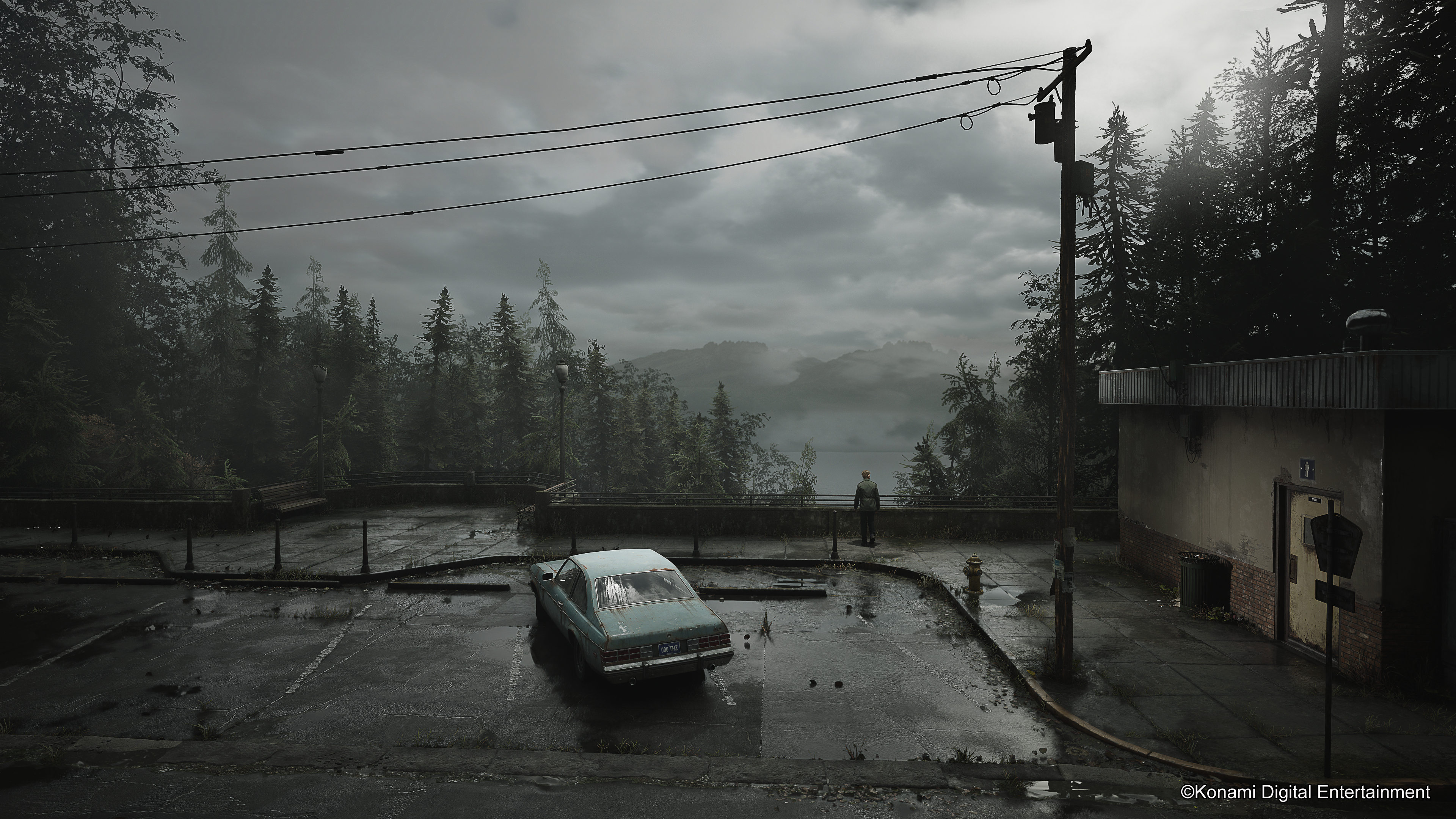
Carrying on the spirit of treading new ground, though, is Silent Hill: Townfall – a smaller, indie project helmed by Screen Burn Interactive (formerly No Code), who also developed Observation, and published by Annapurna Interactive. While little is known of this one yet, I'm hopeful it'll complete the three-pointed pyramid that'll serve Silent Hill well: new mainline releases that break new ground; respectful and interesting takes on reviving the classics; and smaller, creative, indie titles. It's a recipe for success, and this far into the new era of Silent Hill it seems the series is a whizz in the kitchen – a far cry from Henry Townshend's kitchen hygiene.
It's quite something to go from suffering through the last few Silent Hill games, rolling my eyes at overly on-the-nose writing and fighting against glitches as much as monsters, to being incredibly eager to see in which direction Silent Hill moves next. We're at a real turning point for the series. If Silent Hill f is as good at release as it was looking during my early hands-on it'll be two steps forward – and if you keep on walking through fog, you'll come out the other side.
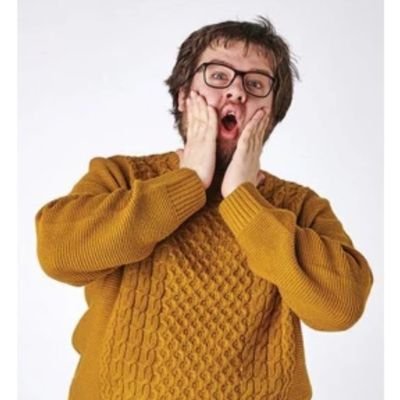
Games Editor Oscar Taylor-Kent brings his years of Official PlayStation Magazine and PLAY knowledge to the fore. A noted PS Vita apologist, he's also written for Edge, PC Gamer, SFX, Official Xbox Magazine, Kotaku, Waypoint, and more. When not dishing out deadly combos in Ninja Gaiden 4, he's a fan of platformers, RPGs, mysteries, and narrative games. A lover of retro games as well, he's always up for a quick evening speed through Sonic 3 & Knuckles or yet another Jakathon through Naughty Dog's PS2 masterpieces.
You must confirm your public display name before commenting
Please logout and then login again, you will then be prompted to enter your display name.
